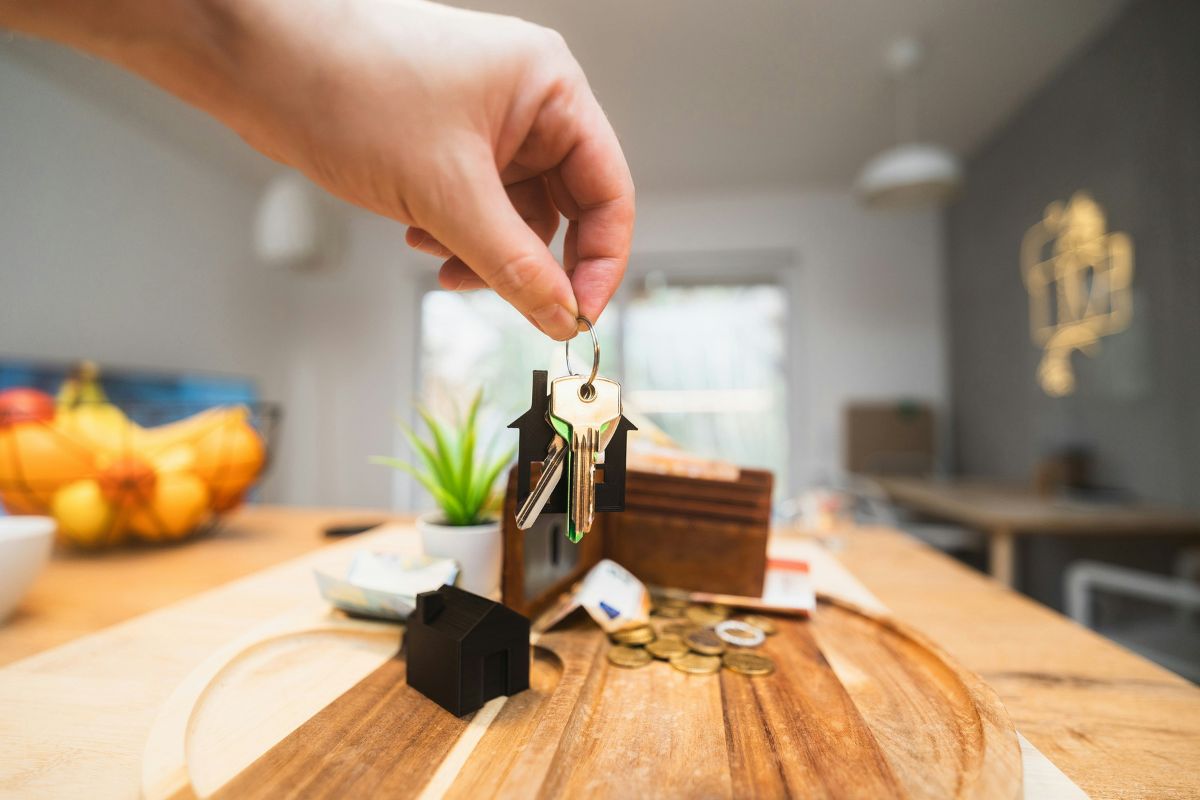How does Debt become Irrelevant with Inflation?
Have you ever asked your parents or grandparents what they paid for their houses?
If they bought in the ‘70s, ‘80s or ‘90s, it’s a pretty good chance the amount will sound pretty low in 2023.
Decent houses could be bought for less than $100,000, even in Sydney, back in the ‘80s.
At the time, it would have seemed like a lot of money, but today, most people would love to have a mortgage of that size.
Of course, back then, someone might have been earning $20,000 a year and paying $1 for a hamburger. The price of everything goes up over time, but it’s not because the things you’re buying are worth more. It’s because the thing you’re using to pay for it is worth less.
It’s how inflation works. Governments print more and more money, which means the money itself is worth less.
Inflation has dominated the news cycle for the last 20 months. Petrol, electricity, food and rental prices have been soaring, while the RBA has been hiking rates to try to slow down spending and get inflation back to its “target range”.
Doesn’t mean inflation has stopped
People talk about inflation slowing down as if it means prices will stop rising, but all it means is that they’re currently going up by 5% a year instead of 7 or 8%. Inflation won’t be going away.
What it all means is that the debt you have today will be worth less and less to service over the coming years.
You may owe $1 million on a house, but if inflation carries on as normal, you may find that house is worth $10 million plus in 30 years and your salary might be $750k-$1m a year.
Sure, a hamburger might be $150, but your debt will seem irrelevant.
The other upside of inflation
If you have investment properties already, you’ll have noticed rents going up significantly over the last couple of years. Once again, ask an older generation what they paid in rent and they might tell you $20 a week. Right now, rents are closer to $1000 a week in some capital city areas.
The longer you hold onto your investment properties, the higher your rental income will be, while your debt will only ever go down or, if you’re paying interest only on your loans, stay where it is.
Eventually, you will get to a place where 1 or 2 years of rental income could pay down the entire principal debt. Inflation will have made your debt irrelevant.
Get your assets and hold on tight
In an inflationary environment, property stacks up well as an asset against other alternatives. It has a physical, inherent value and draws an income that benefits from inflation. And the data shows us that property has a history of steady growth over the long term and through multiple market cycles.
The best way to make the most of property investment is to acquire quality assets and hold on. The assets will increase in value, while paying themselves off over time through rental income. You can also use equity from their value growth to expand your portfolio and purchase more assets that will pay themselves off over time.
Rinse and repeat and you will find you are building real wealth that can be passed down from generation to generation, enabling you and your family to live life on their own terms.



